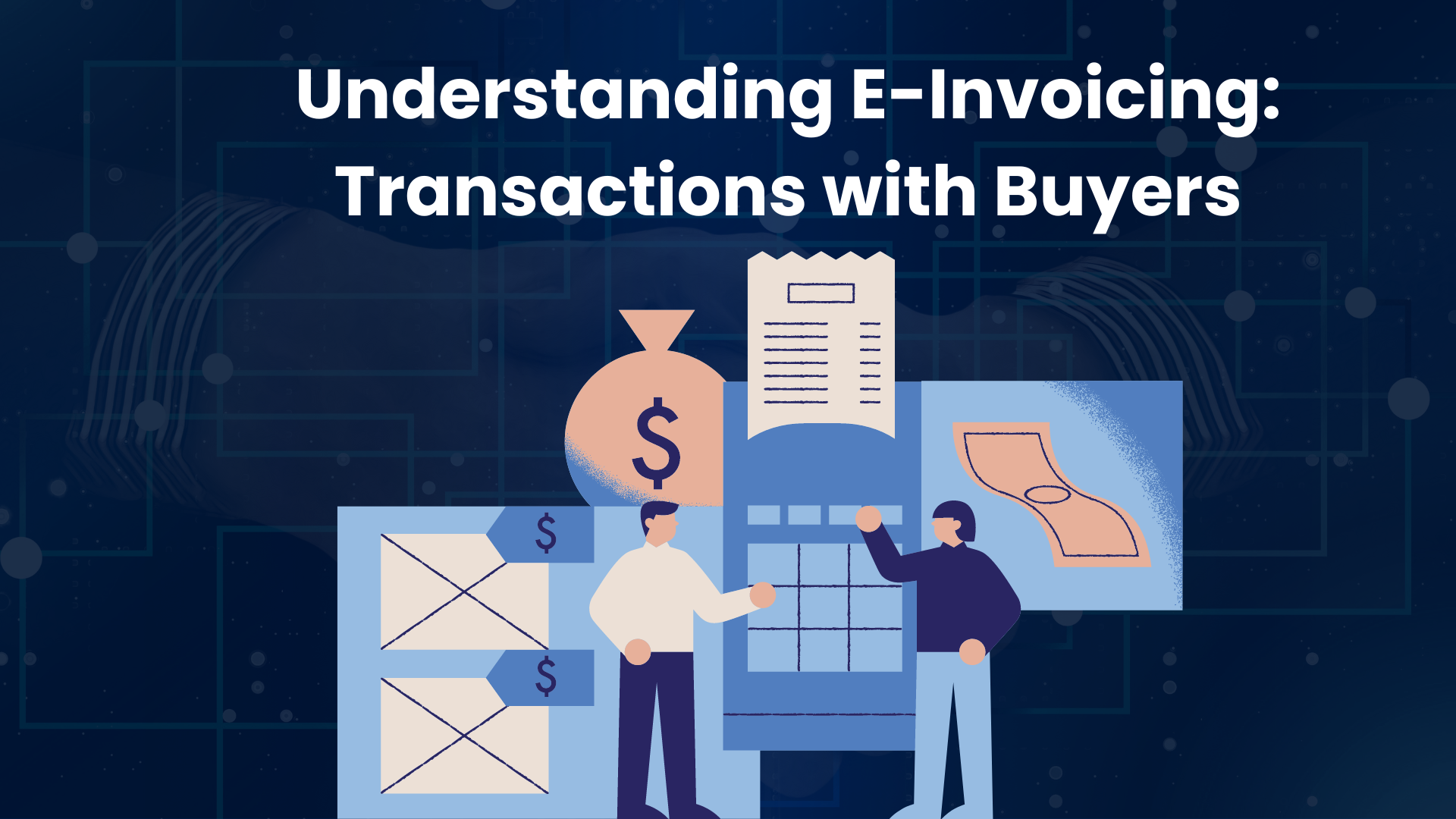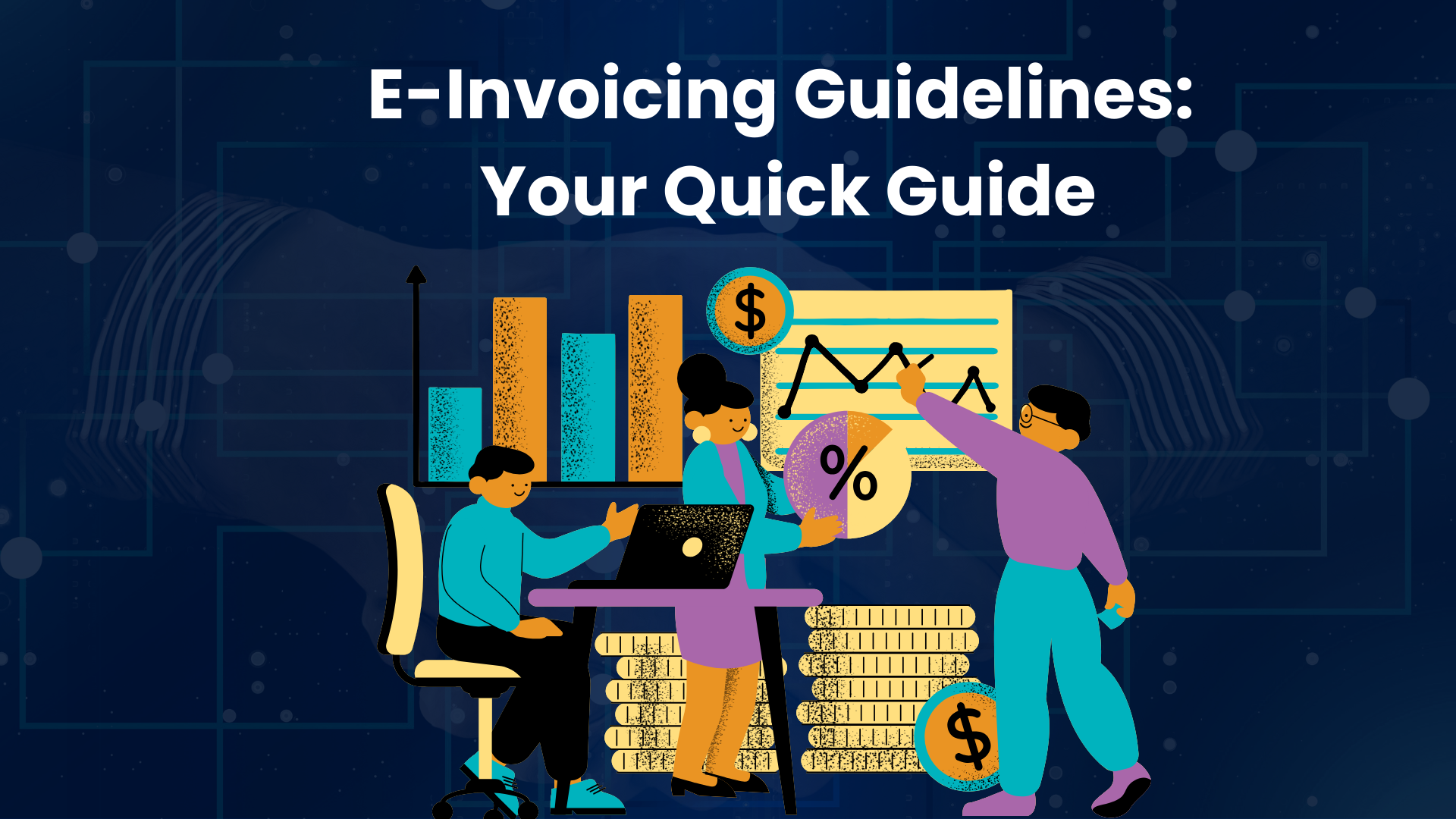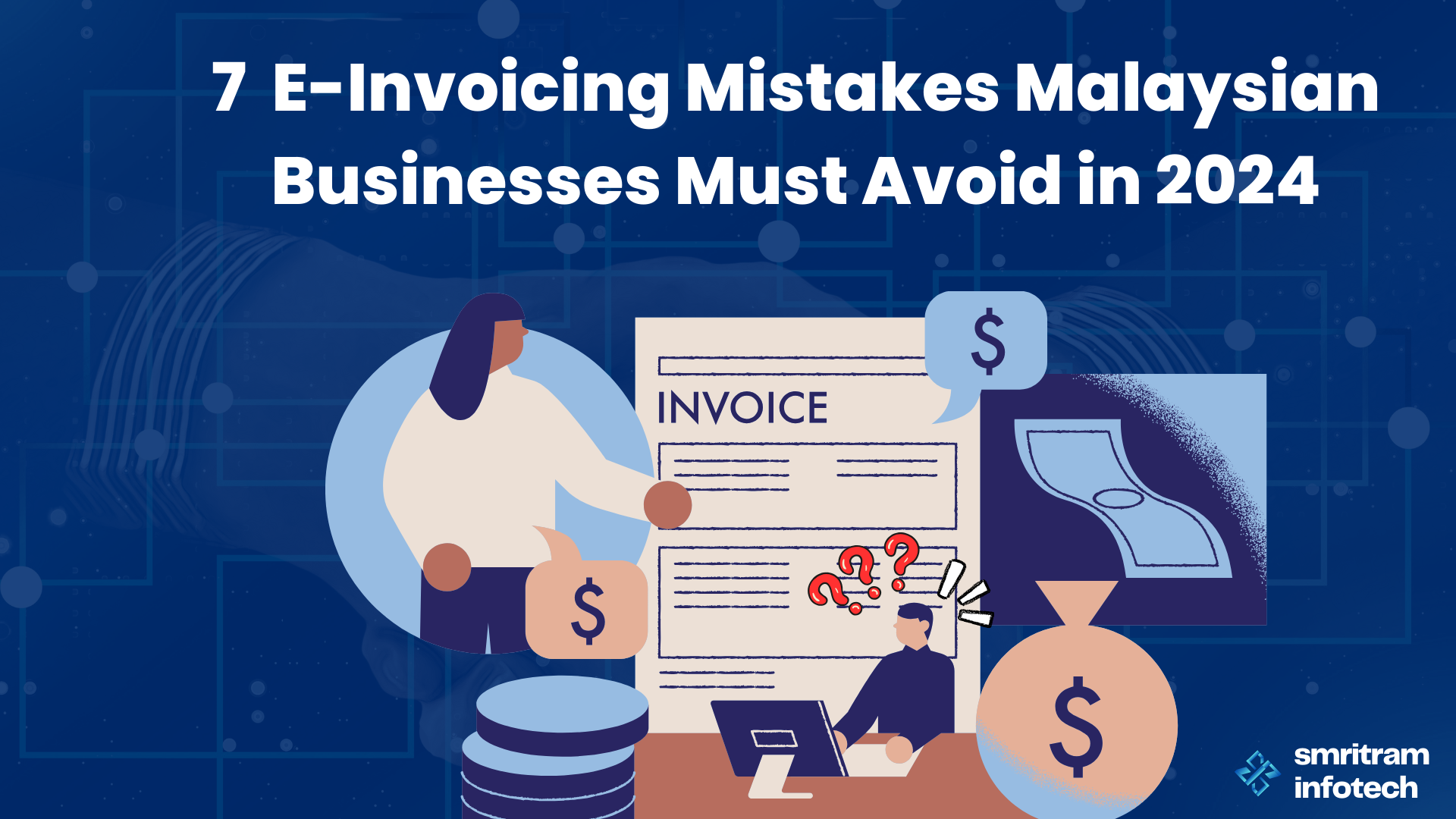What is E-invoice and The Importance in Malaysia
In today’s digital world, e-invoicing is key for businesses in Malaysia. It’s a way to make invoicing easier by using technology. Companies can now create, send, and manage invoices online, without paper.
This shift to e-invoicing is changing the game for businesses. It brings many benefits that make things more efficient and help with following the rules. These benefits are why more companies are turning to e-invoicing.

Key Takeaways
- E-invoicing is the digital process of creating, sending, receiving, and managing invoices electronically.
- It offers businesses in Malaysia cost savings, improved efficiency, and enhanced regulatory compliance.
- E-invoicing is becoming increasingly important as it streamlines invoice management and reduces administrative burdens.
- Adopting e-invoicing can provide a competitive advantage by improving business processes and cash flow management.
- Understanding the legal and regulatory framework surrounding e-invoicing in Malaysia is crucial for successful implementation.
Understanding E-Invoicing in Malaysia
E-invoicing is now a key part of doing business in Malaysia. It’s about sending invoices digitally between suppliers and buyers. To get it, we need to look at what it means, its main parts, and the laws that guide it.
Definition and Key Components
In Malaysia, e-invoicing means making, sending, and keeping invoices digitally. This cuts out the need for paper invoices. The main parts of this new way include:
- Digital invoice generation and issuance
- Secure electronic transmission of invoice data
- Electronic archiving and storage of invoices
Legal and Regulatory Framework
The Malaysian government has set up rules for using e-invoicing. The Goods and Services Tax (GST) Act gives clear rules for businesses to use e-invoicing. This makes sure everyone follows the same rules for e-invoice use.
“The Malaysian government’s commitment to e-invoicing regulations has paved the way for greater efficiency and transparency in business transactions.”
Knowing about e-invoicing in Malaysia helps businesses move forward with ease and follow the rules.
Key Benefits of E-Invoicing for Businesses
E-invoicing brings big advantages to businesses in Malaysia. It helps save money and makes things run smoother. By making invoicing automatic, companies spend less time on paperwork and sending out invoices. This means big cost cuts.
Cost Savings and Efficiency Gains
E-invoicing makes invoicing faster and less prone to mistakes. It cuts down on the need for paper invoices, stamps, and office work. This leads to big savings for Malaysian businesses. Plus, it makes things more accurate and quicker, which helps the company’s profits.
| Benefits of E-Invoicing | Impact |
|---|
| Reduced Costs | Elimination of printing, postage, and administrative expenses |
| Improved Efficiency | Streamlined invoicing workflow, faster processing, and reduced errors |
| Enhanced Cash Flow | Faster invoice delivery and payment processing |
| Increased Visibility | Real-time tracking of invoices and payments |
By going for e-invoicing, Malaysian businesses can enjoy many benefits. These benefits lead to real savings and make things run better. This helps them stand out in the market.

E-invoice in malaysia
E-invoicing is becoming more popular in Malaysia as businesses see its big advantages. Many Malaysian businesses are now using e-invoicing systems. This helps them make invoicing easier and meet government rules.
The push for e-invoice adoption in Malaysia comes from the government’s drive for digital growth. They want to cut down on paper use. The government has started programs and offers incentives to get businesses to use e-invoicing.
The Royal Malaysian Customs Department (RMCD) made a big move in 2020. They said all business-to-government (B2G) deals must use e-invoices. This move has made many companies switch to e-invoicing to stay in line and work smoothly with the government.
| E-invoice Adoption Rate in Malaysia | 2020 | 2021 | 2022 |
|---|
| Percentage of Businesses Using E-invoices | 45% | 57% | 68% |
Reports show that more Malaysian businesses are using e-invoices. From 45% in 2020 to 68% in 2022, the use has grown a lot. This shows how widely accepted and used this digital invoicing is.
As Malaysian businesses keep seeing the good things about e-invoicing, Malaysia is getting more digital and efficient.

Overcoming Challenges in E-Invoice Adoption
Businesses in Malaysia see big benefits from e-invoicing, but they also face challenges. One big issue is making e-invoicing work with current systems like accounting and ERP. It’s key to make sure everything works together smoothly to keep financial data right.
System Integration
Putting e-invoicing with old systems can be hard. It needs good planning and tech skills. Companies must make sure the e-invoicing system talks well with their ERP and other software. This makes data sharing smooth and automates financial tasks.
Security and Data Privacy Concerns
Security and privacy of financial data are big worries for Malaysian businesses. They need to think about data encryption, who can access it, and follow data protection laws. Strong security is key to keep financial info safe and stop unauthorized access or data leaks.
To beat these hurdles and make the most of e-invoicing, Malaysian businesses should team up with tech providers and rules makers. By solving issues like system integration and data security, they can make e-invoicing more popular. This leads to better efficiency, cost cuts, and better financial handling.
| Challenges in E-Invoice Adoption | Strategies for Overcoming Challenges |
|---|
| System Integration with Existing Systems | Ensure seamless integration of e-invoicing platforms with ERP, accounting, and other enterprise software to streamline financial operations. |
| Security and Data Privacy Concerns | Implement robust security measures, such as data encryption and access controls, to safeguard sensitive financial information and comply with data protection regulations. |
By tackling these challenges, Malaysian businesses can fully benefit from e-invoicing. This leads to better financial management and more efficient operations.
Conclusion
E-invoicing is changing the game for businesses in Malaysia. It brings big benefits that can’t be ignored. By going digital, companies can save money, work more efficiently, and meet new rules.
This shift is key as Malaysia moves forward digitally. E-invoicing helps businesses stay ahead and succeed online.
E-invoicing makes sending invoices easier and makes data more accurate and clear. Companies that use it see big wins like faster processing, lower costs, and better teamwork with partners. These gains show why more businesses should look into e-invoicing.
The e-invoice world in Malaysia is growing. Companies need to keep up and solve any problems that come up. Working with service providers and rules makers helps them make the switch smoothly.
Choosing e-invoicing is a smart step for Malaysian businesses. It helps them grow digitally, stay competitive, and push Malaysia’s economy forward.
FAQ
What is e-invoice and what are its importance?
E-invoicing is a digital way for businesses to handle invoices. It lets them create, send, and manage invoices online. In Malaysia, it’s getting more popular because it saves money, makes things more efficient, and helps with rules.
What is the definition and key components of e-invoicing in Malaysia?
In Malaysia, e-invoicing means sending invoices between a supplier and a buyer online. It cuts out the need for paper invoices. The main parts of e-invoicing are making, sending, and keeping invoices digitally. The rules for e-invoicing come from the Goods and Services Tax (GST) Act.
What are the key benefits of e-invoicing for businesses in Malaysia?
E-invoicing helps Malaysian businesses save money and work better. It automates invoicing, cutting down on time and resources. This makes invoicing smoother and less prone to mistakes.
What is the current state of e-invoice adoption in Malaysia?
More and more Malaysian companies are using e-invoices. They see the benefits it brings. Many are setting up e-invoicing systems to make invoicing easier and follow government rules.
What are the challenges in e-invoice adoption for businesses in Malaysia?
Even with its perks, e-invoicing has hurdles in Malaysia. One big challenge is fitting e-invoicing with current systems. Businesses also worry about keeping e-invoicing safe and private to protect financial info.








